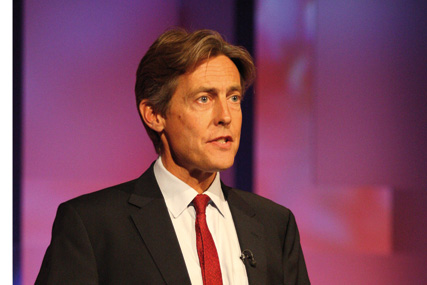
Appearing before the Lords Communications Committee, Bradshaw said BBC Worldwide and Channel 4 could still "work constructively on an agreement" to meet the "long-term funding gap" at Channel 4.
This follows last week's admission by Andy Duncan, Channel 4's outgoing chief executive, that there would be no deal with BBC Worldwide in the foreseeable future. The broadcaster has been pursuing a deal with BBC Worldwide aimed at securing its financial footing.
Referring to BBC Worldwide's future, Bradshaw said he would like the BBC Trust to look at different business models for BBC Worldwide, "including the possibility of a potential sale".
The committee asked Bradshaw and senior civil servant Jon Zeff, director of media at the Department for Culture, Media and Sport, about outgoing ITV executive chairman Michael Grade's criticism of the Competition Commission's decision on Project Kangeroo, the joint video-on-demand venture from the BBC, Channel 4 and ITV.
Zeff said it was "not really the job of government to interfere" with independent bodies and government's role was to provide "factual information" when asked.
Bradshaw said the Government was concerned about the "cyclical challenges facing broadcasters" and confirmed it intends to use the freed-up surplus from digital TV switchover after 2012 to provide TV news.
When questioned about the impact of Google on content providers, Bradshaw said it was something he was looking at, "but so far no one has come up with an effective model".
Bradshaw told the committee he was hopeful a new law on file sharing would be announced in the Queen's Speech next week and become law before the next General Election.


.jpg)


.jpg)